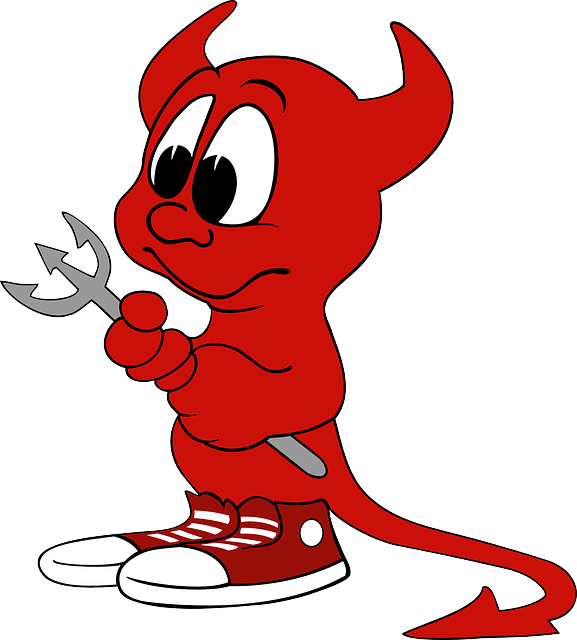Today’s post isn’t tied into any particular book or books. It’s about why I’m doing what I’m doing and whether what I’m doing has been what I’d intended when I started. I would love to hear your opinion, as always. As many of you know, I'm not one to dwell on the past click here. I would much rather contemplate the adventures of the future and think about all the great stuff yet to come that, in my fantasies of the upcoming present, have none of the unpleasantries of the here and now or the before and over. The future is forever pure in my imagination. Kind of like the birth of a baby, which is always met with joyful anticipation about the infinite possibilities yet to come.But here I am talking about the future when this post is supposed to be a meditation about the past. This past year, specifically. As Socrates said, the unexamined life is not worth living. So, let's examine the past year. I had set a number of intentions at the beginning of the year, and it's good practice to evaluate whether I was successful. I had a number of intentions, but most of you wouldn’t be interested in those, so I’ll talk about that one that might be more engrossing. My most important and motivating intention was for my writing, which, at the beginning of 2014, did not yet exist.
I knew I wanted to share my philosophy of life and love and death and purpose with a larger audience beyond my friends and family, who had stopped paying attention to me some time ago, as friends and family often do. I wanted a platform from which to mentor others and share my experience, strength and hope, potentially sparing others the need to live through some of the mistakes I've made along the way. And also potentially helping others to put things into perspective.
As I reflect on why I decided to start writing, it is instructive to think about whether I have been true to my original purpose. I began my blog for a wide variety of reasons. I knew I needed to write--that there were words and ideas cooped up inside me that were screaming for an outlet. Who was it who said that writers write not because they want to but because they need to? I can't remember. But it's true. I needed to write like I needed to breathe. And until I started, I hadn't even realized how true that was.
I also wanted to write about my beloved paranormal and urban fantasy books. I had spent some time working through Danielle LaPorte's genius book, The Fire Starter Sessions, and I had come to realize that my books were immensely important to me and that I wanted to talk about that. I wanted to explore the themes I'd understood but had not played with. I wanted to see where these themes would take me and if there was as much there there as I had suspected. There was and there is.
I like sharing my thoughts and philosophy. Hell, who am I kidding? I like to pontificate and be didactic and stand on my soapbox and go tell it on the mountain.
But mostly, I started this blog because I wanted to engage with other like minded folk and start a conversation about what it means to live authentically, to see clearly and to have the courage to face reality whether I like it or not. This integrity business is not for the faint hearted. It is not for those who want to live in denial, or blame others, or play the victim or the martyr. The cowardly and lazy need not apply. Those who would rather distract themselves into oblivion with food, drink, drugs and/or compulsive behaviors like shopping, gambling, indiscriminate sex and other such self-destructive and utterly absorbing bullshit should also stop reading right about now.
I'm only interested in talking to those who want to go through life awake, or at the very least who want to wake up, even if they're not there yet. This is the no excuses club. Because here is the deal, and here's why I write: we are all, every last one of us, afraid, confused, and filled with doubt and anxiety about all that we can't control and all that we don't know or understand. How we deal with that fear and confusion and doubt and discomfort is the stuff that makes us who we are and defines how our lives are going to be. No one gets all the good cards. And I don't think anyone gets all the bad cards either (for more on my concept of the universe as one big Texas Hold 'Em game, click here.
Some hands are better than others, true. And mine has been better than many. Remembering that, and doing something worthwhile with all of my gifts and talents is the work of my lifetime. And yours, too.
And my work, at least for now, is this blog, which I intend to turn into a book in 2015, God willing and the creek don't rise, as my mother would say. I feel like I was given a gift of clarity that can be of service to others, and that is what I want to do.
So, all in all, I feel like 2014 has been a very good year, and I am very, very grateful. Thank you all for reading, for paying attention and for helping me not to scream into the void. It's OK to look into the abyss when one has some company with whom to share the view. Thanks for being with me on the journey. I hope I can continue to interest, instruct and interact in 2015 and attract even more fellow travelers to the conversation along the way. Happy New Year.




















